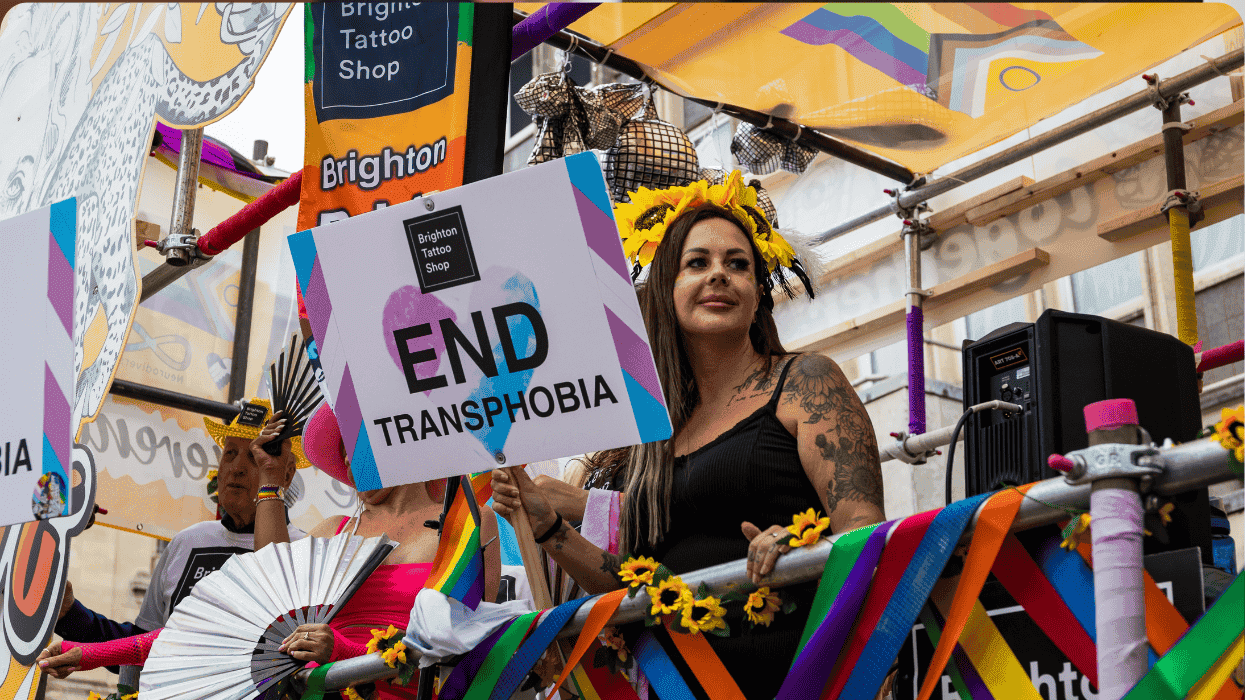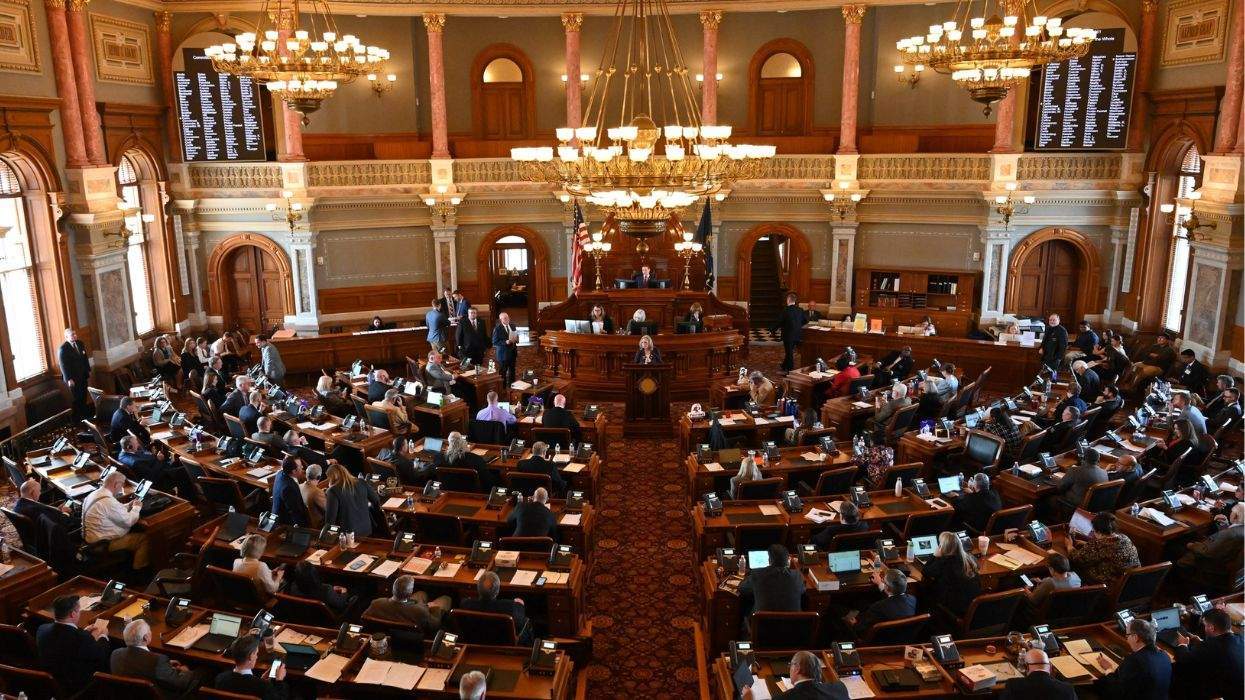In a recent decision, the U.S. Supreme Court upheld the view that gays and lesbians are an identifiable class in the eyes of the law -- a characterization that anti-gay-marriage forces have vigorously fought and that attorneys challenging California's Proposition 8 see as a crucial element of their case.
In a Tuesday letter to U.S. district judge Vaughn R. Walker, Theodore J. Boutrous, who argued against Prop. 8 in the high-profile case Perry v. Schwarzenegger alongside lead plaintiffs' attorneys Ted Olson and David Boies, wrote that "sexual orientation is not merely behavioral," and that, as the Supreme Court found Monday in Christian Legal Society v. Martinez, "there is no distinction between gay and lesbian individuals and their conduct."
In that case Justice Ruth Bader Ginsburg wrote for the majority in a 5-4 split that the court would "not distinguish between status and conduct" in regards to gays and lesbians, citing Justice Sandra Day O'Connor's view in the landmark 2003 case Lawrence v. Texas, which struck down sodomy laws. (For more information on the Christian Legal Society decision, click here for an analysis by Christopher F. Stoll and Shannon Price Minter of the National Center for Lesbian Rights).
"While it is true that the law applies only to conduct, the conduct targeted by this law is conduct that is closely correlated with being homosexual," O'Connor wrote in her concurring opinion in Lawrence. "Under such circumstances, Texas' sodomy law is targeted at more than conduct. It is instead directed toward gay persons as a class."
Walker has yet to reach a decision in the Prop. 8 case, which concluded June 16. But a key question in the suit is whether gays and lesbians should be treated as a distinct minority vulnerable to discriminatory laws. Olson and Boies have argued that Prop. 8, which stripped gays and lesbians of the right to marry in 2008, should be reviewed under strict scrutiny -- the highest level of judicial review. Strict scrutiny can be applied to laws affecting a fundamental right for a group that is defined by an unchangeable characteristic and that has been historically discriminated against.
Attorneys defending Prop. 8 in court have argued the opposite: that "homosexuality is not an immutable characteristic," but a behavioral one. "Sexual orientation can shift over time and does so for a significant number of people," attorney Charles J. Cooper wrote in a pretrial brief.
Cooper argued that gays are not entitled to strict scrutiny under the law, citing a 1990 case before the U.S. court of appeals for the ninth circuit that denied such review. That case, however, was decided before Lawrence and "rested on a moth-eaten foundation," Boutrous wrote in his letter to Walker.
A chapter of the Christian Legal Society at University of California Hastings College of the Law sued in 2004 after the university declined to officially recognize the group because its policy of excluding gays conflicted with the school's nondiscrimination rules.
The Christian group argued that it doesn't exclude prospective members on the basis of their sexual orientation but rather bars those who participate in or advocate a "sexually immoral lifestyle." Ginsburg wrote that the chapter was seeking a "preferential exemption" from the university's "all-comers" policy.
















